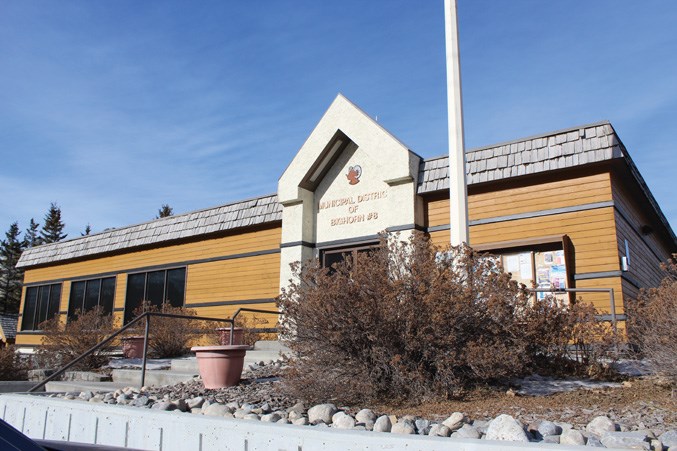LAC DES ARCS – Residents from Lac Des Arcs are strongly opposed to building a pedestrian bridge over the Bow River to Exshaw, according to a survey sent to residents in October.
Among the 56 responses that were received, 45 respondents said they did not want a bridge built over the Bow River, while seven respondents indicated they were in favour of the idea. Four residents said they wanted more information, or wanted to know costs.
Councillor Lisa Rosvold, who represents Lac Des Arcs, said she was happy to have the information.
“I got a lot of phone calls and emails from the residents of Lac Des Arcs and my perception of what they wanted was different than what is being reported here, so it does give me a better understanding of what is really going on there,” said Rosvold.
According to the staff report, a total of 81 surveys were mailed out to residents, indicating a 69 per cent return rate.
The survey also included questions about whether or not residents in the hamlet wanted street lighting, municipally supplied water and sewer services and/or a multi-purpose sports surface.
Based on the results, 76.8 per cent of respondents were opposed to street lighting and 82.1 per cent of respondents were opposed to municipal water and sewage.
The results were more evenly split on the issue of developing a multi-purpose sports surface, with 46.4 per cent of respondents in opposition and 30.3 per cent in favour. The remaining 14.3 per cent of respondents were neutral.
A more open ended question about what residents need or want in Lac Des Arcs generated a wide variety of responses, making it difficult to formulate any particular direction for administration to bring forward to council.
Based on the survey results, CAO Martin Buckley suggested council simply accept the report as information and not take any further action.
Dene Reeve Cooper thanked administration for putting together the survey and said it proved a worthwhile exercise.
“The value here is that they actually wrote a letter to each other, so that each of the residents had a chance to speak to each other and they have done so rather eloquently,” said Cooper.
“I think this is valuable work.”




